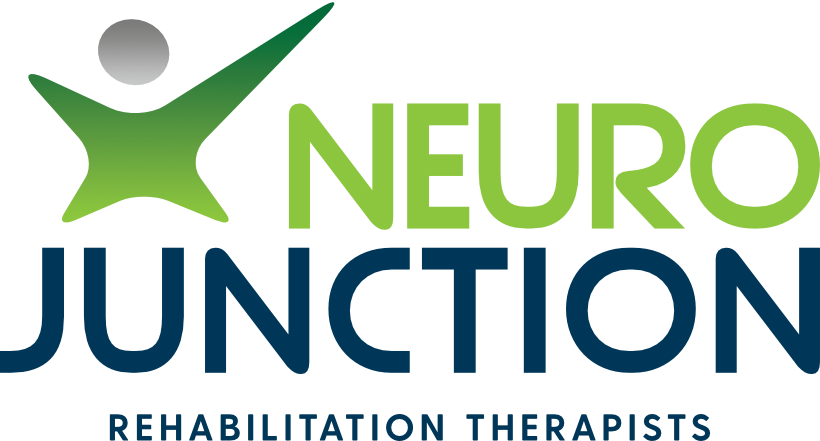Functional Neurological Disorder
what is Functional Neurological Disorder?
Functional Neurological Disorder (FND) is a medical condition in which there is a problem with the functioning of the nervous system and how the brain and body sends and receives signals. In people with FND there is no structural injury or disease to the brain such as multiple sclerosis or stroke.
Generally, the pathways in your brain control motor and cognitive tasks such as body movements, sensory (feeling), speech, and thinking. In FND, these pathways get disrupted. It is as if different brain areas are having difficulties communicating with one another, and therefore resulting to a range of motor and sensory symptoms.
An analogy can be used to help describe FND which is by thinking of your brain as a computer. FND can be related to a computer program that isn’t working properly (for example, the program for how to walk). Or in some cases, it can be as if the computer is crashing (like with functional seizures). This “glitch” results in a functional impairment (difficulty with walking or other body movements). However, the hardware, or structure of the brain, shows no damage.
There is still a lot to learn about FND and the understanding why some people get FND, while others do not. What we do know is that FND is caused by a complex combination of biological, psychological, and social factors on the brain. This largely varies across patients and symptoms look different depending on the person.
Due to the bio-psychosocial factors involved in FND, a multi-disciplinary approach is necessary to maximise your recovery. Neuro Junction offers Physiotherapy and Occupational Therapy assistance and corresponds with other medical services to support a holistic approach within your recovery.
Neuro Junction Interventions may include:
Provide education and offer insight regarding your diagnosis and related symptoms
Teach you how to retrain your brain and correct movement training
Assist change in secondary impairments related to your symptoms
Graduated exercise program incorporating normal movement patterns with specific de-emphasis on dysfunction
Improving strength and exercise endurance
Balance and mobility retraining
Assist with achieving your goals – this might relate to daily living skills or leisure activities
Encourage self management and relapse prevention plan



